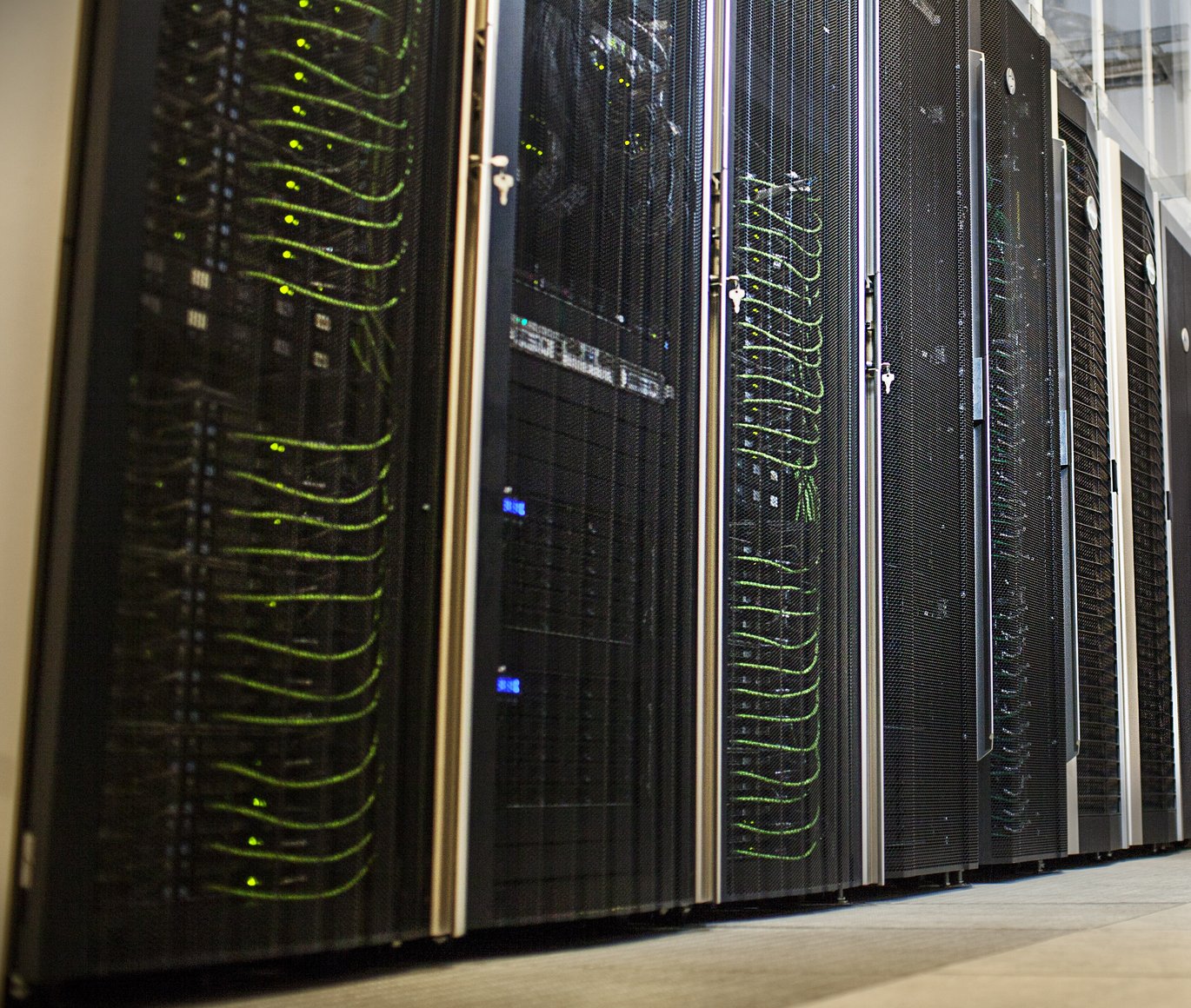Get extra computing power for your research project from supercomputers
Researchers and PhD students can now apply for supercomputing resources: a call has just been opened for resources from the national HPC system as well as the Danish part of the pan-European supercomputer LUMI. 5 March 2023 is the application deadline.

Researchers can now apply for HPC resources that make it possible to perform calculations and handle data that are too complex for standard computers. Researchers from all fields are eligible to apply for HPC resources for their projects.
DeiC – the Danish E-Infrastructure Cooperation – coordinates the use of national HPC resources on behalf of the Danish universities, and DeiC has just opened a call for HPC resources for researchers and PhD students at Danish institutions. The call is for resources from the national HPC system as well as the Danish part of the pan-European supercomputer LUMI.
AU researcher: Access to LUMI makes my work easier
LUMI is the fastest supercomputer in Europe – and the third-fastest in the world. Several AU researchers are already using LUMI for their projects. One of them is Riyajul Islam, a postdoc at the Department of Mechanical Engineering. He is conducting research into magnetism and uses the European HPC facilities to perform complex calculations.
“Using LUMI has been a fantastic experience,” he said. “Even though it functions in basically the same way as Linux systems, LUMI offers things like bigger memory resources and multiple processors, which makes my work much easier and gives me options I wouldn’t have in my own system. This means that my research team doesn’t have to worry about finding additional resources, which is very time-consuming.”
This is a really great opportunity to get access to HPC resources, and all AU researchers with relevant projects should apply, according to Brian Vinter, who is vice-dean for research at Tech and sits on the DeiC steering committee.
“An individual university simply can’t offer the same computing power as the HPC facilities, so it’s important that AU researchers take advantage of the opportunity when it’s there,” he said. Not least when there’s a chance of getting access to the LUMI computer.”
More information
Find out more on DeiC’s page on the open call for computing time on the national HPC resources, including LUMI (in Danish only) and
AU’s page on access to HPC calculation resources.
If you need help, you can contact AU’s HPC front office at deicfrontoffice@au.dk.